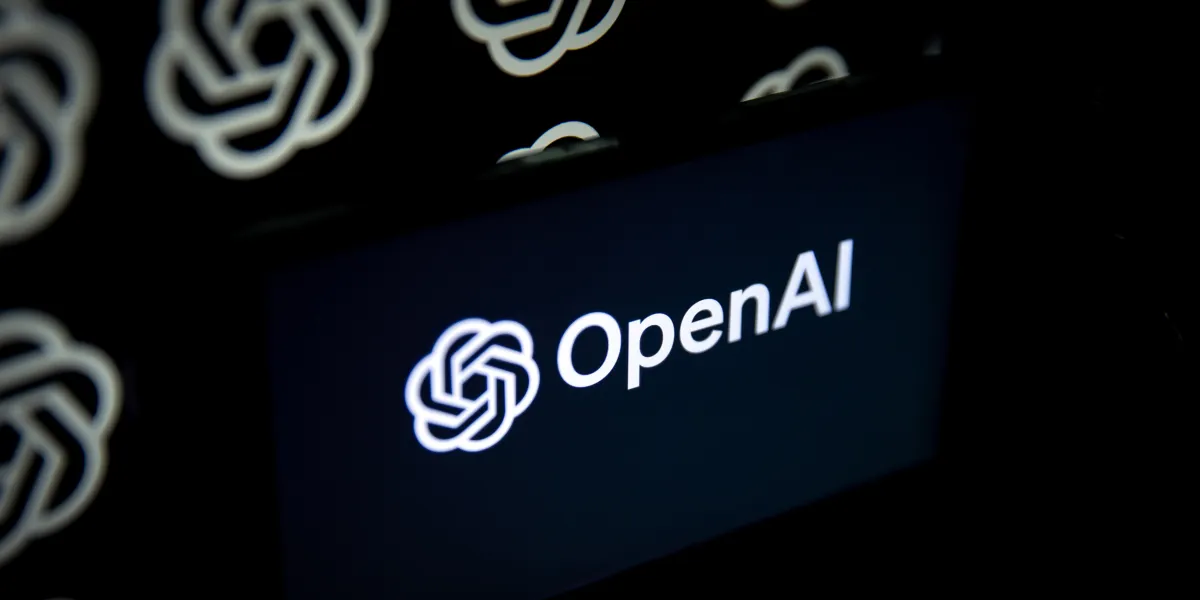
- Stocks
OpenAI secures investments from Microsoft and Nvidia
Do you want to know how to make money from this?
Register for free and get expert advice, access to a training course and webinars.
Key points:
- OpenAI has raised $6.6 billion in funding, boosting its valuation to $157 billion.
- Key investors include Thrive Capital, Khosla Ventures, Microsoft, and Nvidia.
- Investors are required to refrain from funding competitors (Anthropic, xAI, Safe Superintelligence).
The startup OpenAI, creator of the advanced language chatbot ChatGPT, has announced the completion of a funding round in which it raised $6.6 billion. This event could raise the company’s market capitalization to a record-breaking $157 billion, making it one of the most valuable private companies in the global market.
The company’s supporters include long-standing partners like venture funds Thrive Capital and Khosla Ventures, as well as the tech giant Microsoft and a new player, Nvidia, known for its AI innovations.
OpenAI funding process
Alongside the ongoing restructuring of the company and staff changes, including the recent resignation of CTO Mira Murati, OpenAI has faced the closure of several investment funds. CFO Sarah Friar informed employees about the possibility of liquidating their shares in the company through a tender offer, with details to be clarified later. It’s worth noting that earlier this year, some employees were already able to sell their shares at a lower valuation.
Thrive Capital, a venture fund that had previously invested in OpenAI, agreed to an additional investment under the condition that the company meets certain financial targets. Meanwhile, Apple, which had considered investing in OpenAI, ultimately decided not to participate in this funding round. The new funding was secured through the issuance of convertible bonds, which can be converted into shares if certain conditions related to the company’s restructuring and lifting of investor profit caps are met.
Restructuring for investments
Despite the recent staff changes, investors remain optimistic about OpenAI’s growth prospects. Their confidence is bolstered by the ambitious forecasts of CEO Sam Altman, who expects significant revenue growth in the near future.
Preliminary estimates suggest that OpenAI plans to reach $3.6 billion in revenue this year while maintaining a high level of investment in technology development. The company anticipates even greater revenue growth next year, up to $11.6 billion.
To mitigate the risks associated with large-scale corporate restructuring, investors have secured certain guarantees. Notably, Sam Altman will receive a significant equity package, which should boost his motivation and further the company’s growth.
The rapid rise in popularity of OpenAI’s product, ChatGPT, and its impressive valuation of $157 billion highlight the high demand for AI technologies. In a relatively short period, ChatGPT has attracted millions of active users, significantly exceeding the company’s initial expectations.
Is OpenAI moving towards monopoly?
By securing $6.6 billion in funding from major investors like Thrive Capital and Tiger Global, OpenAI, the developer of the popular ChatGPT chatbot, aimed not only to gain financial support but also to ensure certain conditions for collaboration. Specifically, investors were required to refrain from funding a number of companies that OpenAI views as potential competitors.
These companies include developers of large language models such as Anthropic and xAI, founded by Elon Musk. Also on the list is Safe Superintelligence (SSI), founded by Ilya Sutskever, one of OpenAI’s co-founders. Competition in the large language model sector requires significant financial investment, and OpenAI is keen to minimize risks associated with the emergence of strong rivals.
Additionally, during negotiations with investors, OpenAI mentioned several companies specializing in AI-based applications, such as Perplexity and Glean. This indicates OpenAI’s intention to expand its activities and offer a broader range of products and services targeted at both corporate clients and end-users.
Do you want to know
How to make money from the news
Register for free and get:
- Expert consultation;
- Access to the training course;
- Opportunity to participate in webinars

